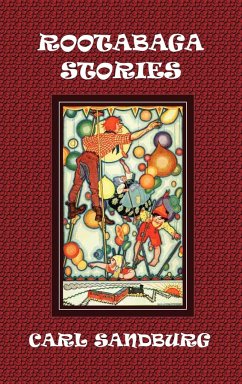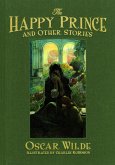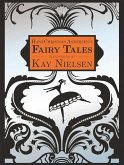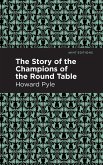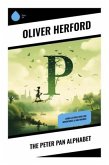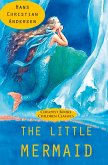Carl Sandburg had three daughters and he loved telling them irrepressible, zany tales. He disliked the European fairy stories that involved kings and princesses and thought American tales should be more relevant to the world around his children, but of course made rather fantastic. So the stories are populated with trains on zig-zag tracks, skyscrapers, animals wearing bibs, corn fairies, not to mention the Village of Cream Puffs which floats in the wind. They have become firm favourites for generations of children. This edition of Rootabaga Stories features the original black and white illustrations by Maud and Miska Petersham.
Hinweis: Dieser Artikel kann nur an eine deutsche Lieferadresse ausgeliefert werden.
Hinweis: Dieser Artikel kann nur an eine deutsche Lieferadresse ausgeliefert werden.

